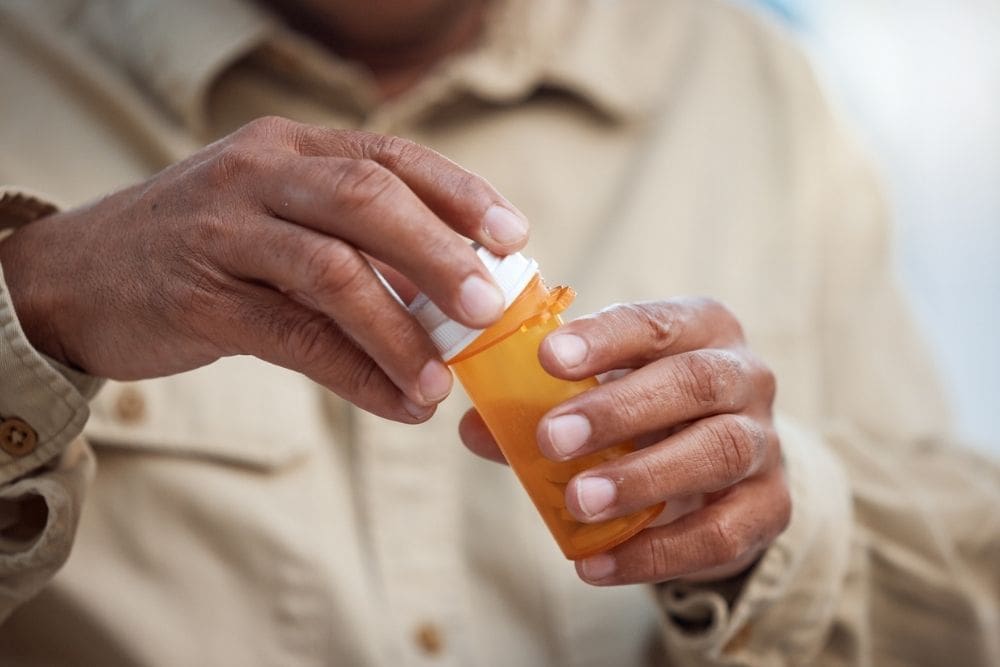Dual Diagnosis
Treating an addiction without addressing a coexisting behavioral or mental health issue is seldom successful. Many people who become addicted to alcohol or drugs also have other conditions, including depression, anxiety and post-traumatic stress disorder. Approximately 45 percent of people suffering from addiction meet the criteria for a dual diagnosis according to an annual National Survey on Drug Use and Health.
Anxiety, depression and mood disorders as well as bipolar disease and schizophrenia often occur in conjunction with the abuse or addiction of drugs or alcohol. These health issues affect the way that you behave, feel and interact with others and experience the world. Dependence on alcohol and drugs are often used unsuccessfully as coping mechanisms to handle the painful symptoms of mental health issues. A University of Pennsylvania Health System report determined that certain brain chemistry abnormalities might predispose an individual to addiction. Individuals with coexisting conditions may process neurotransmitters like dopamine and serotonin differently than the general population. These imbalances increase the risk and severity of mental health and addiction issues.
Coexisting medical conditions can worsen the challenges that the individual experiences. A person who has two or more conditions needs an integrated treatment plan that addresses all aspects of this complex situation in order for the program to be effective. Good mental health is almost impossible to achieve while dealing with an addiction.
Recognizing Dual Diagnosis
It can be difficult to determine whether an individual who has an addiction also has behavioral and mental disorders. A common problem in substance abuse and mental health issues, denial complicates the issue. Many people refuse to believe that they have a substance abuse problem or a mental disorder. This makes it difficult to determine if substance abuse triggered the mental and behavioral problems or if the psychological issues led to the drug or alcohol addiction. When evaluating individuals for coexisting conditions, treatment professionals will consider several factors, such as:
- Family medical history to determine if close relatives have grappled with behavioral, mental health and addiction issues, which increase the risk of developing similar problems
- Treatment history to evaluate your reaction to medications and therapy in the past as well as any personal or physical trauma
- Noticeable symptoms when you are sober to see if one condition is more prevalent
- Reactions to drugs and alcohol to determine if one condition causes the other
Substance abuse and other health issues will not improve without proper treatment. There is a good chance that they will get worse if you do not get help. Admitting that you have a problem is the first step on the road to recovery and enjoying life again.
Dual Diagnosis Treatment
People suffering from coexisting substance abuse as well as other psychological or behavioral issues require unique care. Essential support includes:
- Medication management to ensure that the other disorder is properly treated without triggering a relapse of the substance abuse problem.
- Coping skills education to learn the behaviors required to live with their illness while combating substance abuse
- Relapse prevention techniques to combat their addiction
- Family counseling to educate family, friends and loved ones about coexisting conditions and ways to manage these problems
Enrolling in a dual diagnosis rehab program that treats your addiction as well as other behavioral or mental health issues offers you the best chance of successfully achieving sobriety and the addiction-free life that you desire.
Visit St. Gregory Recovery Center
You do not have to let drugs or alcohol control your life. Our dual diagnosis addiction program enables guests to focus on developing the life-transforming habits that can break the cycle of addiction. You can learn the tools necessary to handle the stressful situations that triggered your desire to drink or use drugs. Our programs address the needs of the mind and body by treating underlying behavioral and mental health issues so that you can have a complete recovery and minimize the chances of a relapse. If you are ready to make the necessary changes in your life, help is just a phone call away.




